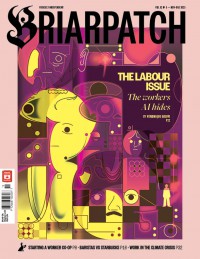
Megan Linton is a disabled writer, researcher, PhD student and creator of Invisible Institutions, a documentary podcast and research project exploring the past and present of institutions for people labelled with intellectual and developmental disabilities in Canada. Find her on Twitter at @PinkCaneRedLip.
-
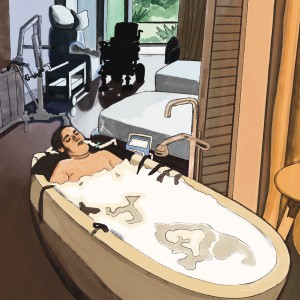 Magazine
MagazineDreaming of home care futures
Without a public home-care system, disabled people are forced to choose between living in a long-term care home, medical assistance in dying, and hiring an underpaid migrant home-care worker.
-
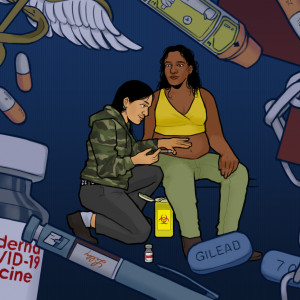 Magazine
Magazine“Health is capitalism’s vulnerability”
An interview with Beatrice Adler-Bolton on her new book “Health Communism: A Surplus Manifesto”
-
 Magazine
MagazineClass inaction
Survivors are speaking up about the abuse they endured in Canada’s government-run institutions for disabled people. Class-action lawsuits promise them justice – but can they deliver?
-
 Magazine
Magazine“We are fed the same way caged animals are”
To understand what life is like along the “continuum of confinement,” three people living in prisons and long-term care homes share the food they have eaten and eat every day.
-
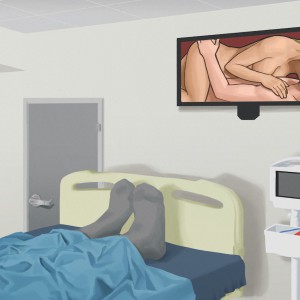 Magazine
MagazineFighting for the right to fuck
For more than a century, eugenicists have tried to eliminate disabled people through sexual sterilization. Today, disabled people’s sex lives are still surveilled, suppressed, and punished in institutions.
-
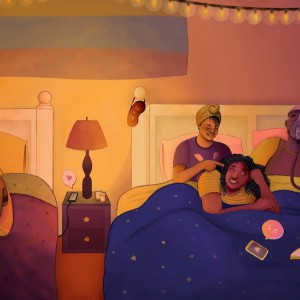 Online-only
Online-onlyAbolish long-term care
We don’t need to confine elderly and disabled people to deadly and dehumanizing institutions. What if they lived in the community and received at-home care from a support worker?
-
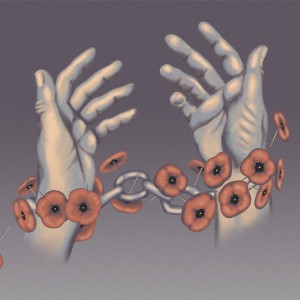 Magazine
MagazineA penny a poppy
Millions of Canada’s plastic Remembrance Day poppies have been made by prisoners and people labelled with intellectual/developmental disabilities, who are paid pennies on the hour. It’s part of a long history of prisons and institutions using poverty to control disabled and criminalized workers.

